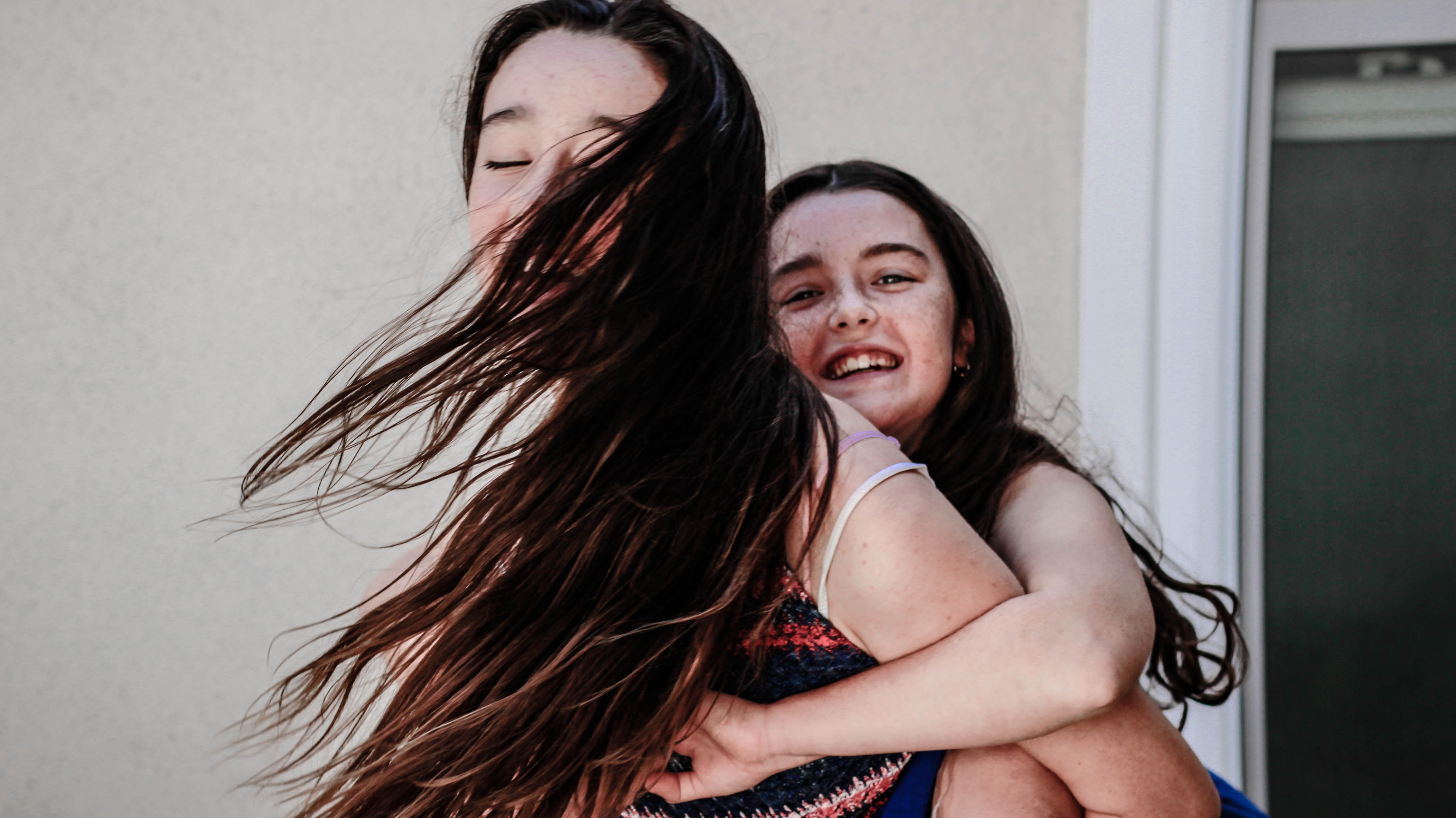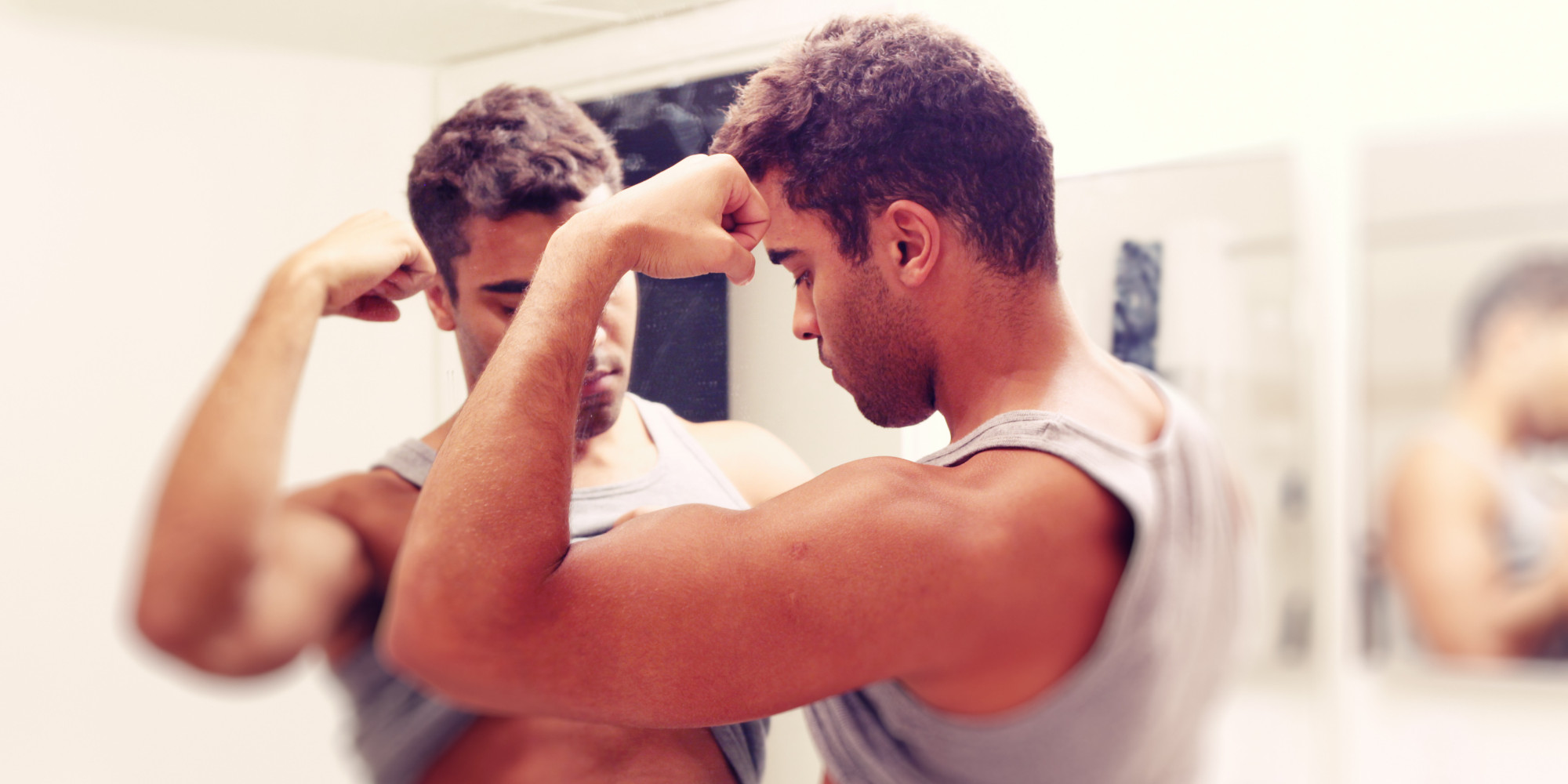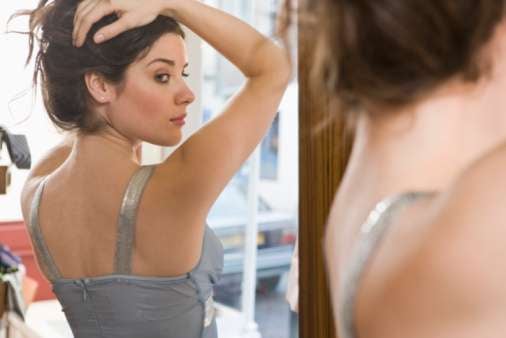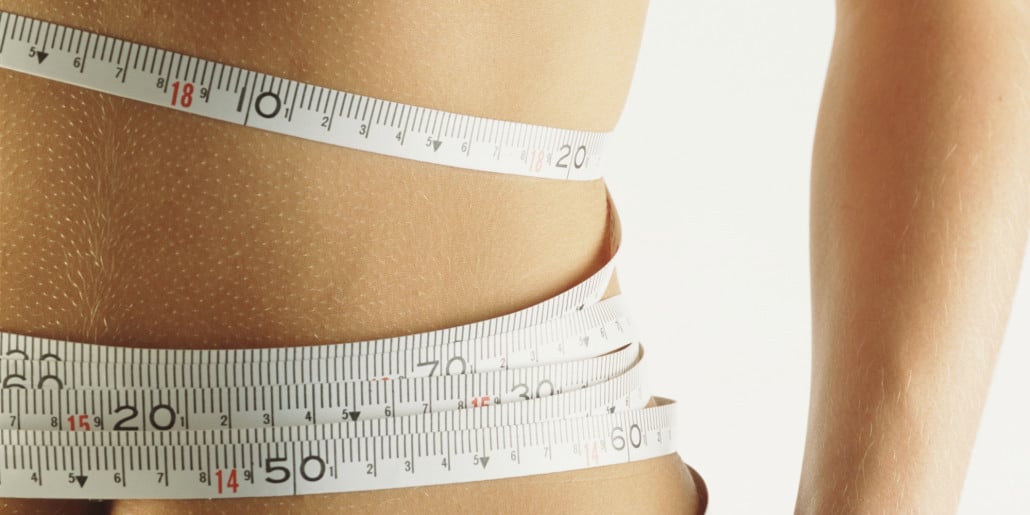Inspired by the media coverage of the no-makeup selfie campaign by Cancer Research UK, I decided to research the influence of makeup on women's lives by setting myself up as guinea pig for my student paper at the University of Warwick.
One day I went out barefaced and the next I wore noticeably more makeup than usual. How would I feel? And how would other people respond to me?
I normally wear minimal makeup, but the idea of going out makeup-free even for a day made me feel uncomfortable. I was concerned about looking unprofessional at work and subconsciously comparing myself to other women.
I was concerned about looking unprofessional at work and subconsciously comparing myself to other women.
I was also skeptical about wearing heavier makeup the following day. I did not want people to think that I was shallow and I was worried about possible comments about my new flamboyant look.
My fears proved to be groundless. I did not notice any differences in my interactions with people or the way they perceived me, but I felt more confident and happier during my makeup day even though it was much more than I usually wore.
The response to my feature in The Boar, led me expand my range by talking to fellow female students. Why do we wear makeup? How do we feel about going out without it? Can we be called vain just because we want to feel and look good? These were the questions that I wanted to explore further.
Most girls I have spoken with admitted that they felt uncomfortable without a good slap of foundation. French and History undergraduate Selina Sykes said she suffered from bad acne as a teenager. Consequently, she is self-conscious about leaving the house without makeup: "I definitely feel more confident with make up on, I am not keen going in public bare-faced! So makeup makes a considerable difference for me."
One student told me it was undeniable that makeup makes women feel better about themselves.
Makeup is also a great mood-booster and one way to show that we care about ourselves. Emma Ly sees it as a personal pleasure: "The beauty industry is one of the most seductive and many females are attracted to the promises of flawless beauty from advertisements and pretty packaged cosmetics. Undeniably makeup makes women feel better about themselves."
There is nothing wrong with spending a little bit of time making ourselves look 'prettier', especially if it makes us feel self-confident and happy. Makeup, throughout the ages has been a part of being a woman. But the problem starts when we cannot live without artifice.
The no-makeup campaign highlighted that many girls looks pretty "au naturel" but may not necessarily realise this fact. A good example of this is Dove's Real Beauty Sketches campaign. A group of females were invited to a studio where a forensic composite artist sketched their portraits based solely on their self-description.
Women tend to be very critical about ourselves and exaggerate our complexes.
The girls were then asked to describe another woman they met in the waiting room. Sketches based on self-perceptions focused on exposing flaws and imperfections. But the portraits by strangers uncovered the brightness and natural beauty of the participants.
We need to be careful not to blindly believe in such misconceptions. We tend to be very critical about ourselves and exaggerate our complexes. But the experiment has showed me that the way we feel about ourselves is not necessarily how others perceive us.
Makeup helps us feel confident and happy about ourselves. We use it to cover any imperfections and to look attractive. Nonetheless it is important to keep the right balance and also feel good with our natural selves. Many girls and young women simply do not appreciate how beautiful they really are.






